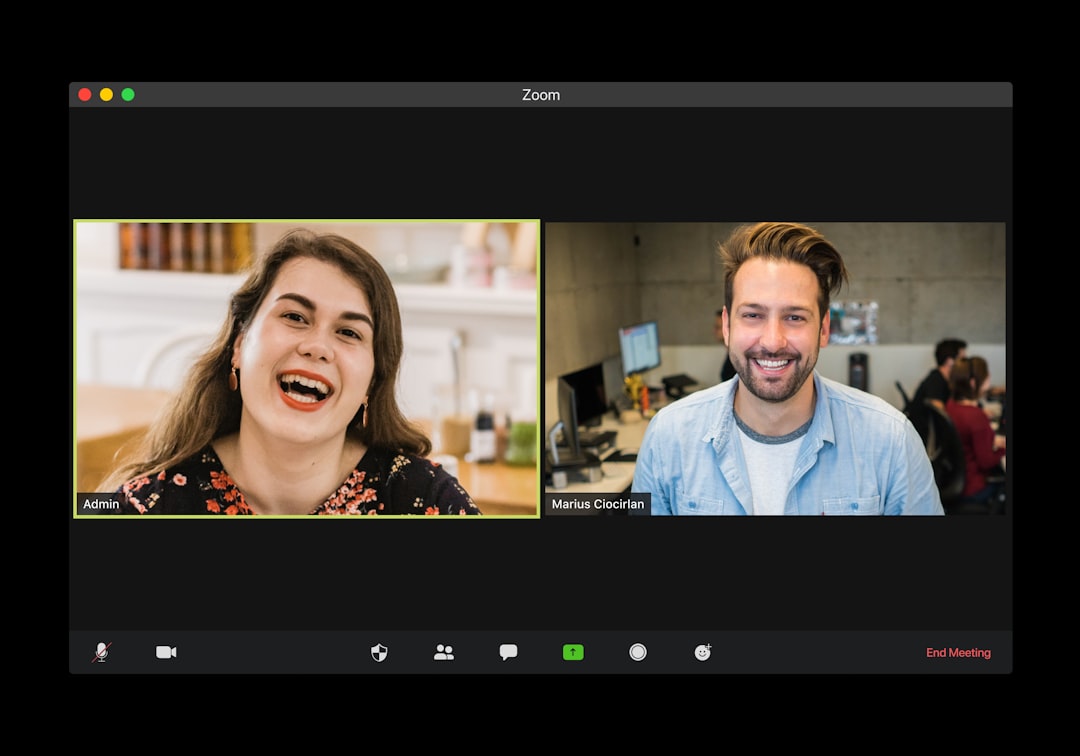We need a better way, but traditional video conference solutions only provide part of the answer. While seeing and hearing meeting attendees can help, it takes a more unified solution to create efficient, effective, and fun meetings. Here are three ways upgrading your video conference solution can help your organization.
Avoid digital duct tape
When the pandemic first sidelined in-person meetings, organizational leaders filled in sudden gaps with digital tools. As a result, they cobbled together multiple apps and used them as “digital duct tape,” which now only adds to the confusion. Suddenly, meeting attendees need to have a dozen browser windows open during meetings and constantly switch between tools.
Traditional video conference solutions only add another strip of digital duct tape; instead, solutions should eliminate the tape altogether and combine multiple useful functions into one platform. Using one platform to send meeting invites, host the call and collect and manage documents aligns everyone to the same objectives. Attendees have better experiences, and organizations pay for only one platform.
Reduce logistical and technical frustrations
Once your meeting attendees are on the same platform, it’s easier to manage their experiences. Many organizational frustrations come from trying to manage multiple platforms and maintain a cohesive meeting. For example, it’s common for video conferences to rely on a call window and an agenda window. Attendees flip back and forth between them, with cursors bouncing around and nobody entirely sure where they are in the meeting.
Building the agenda into the platform lets attendees track the meeting’s progress, take notes directly on the platform and limit external distractions. The agenda becomes part of a “virtual meeting room” that helps solve many logistical and technical challenges. Your meeting time is then better spent managing experiences so meeting attendees can enjoy each other’s company and engage more naturally.
Recreate meaningful engagement
Engagement is the key to creating a fun and productive meeting, virtual or otherwise. When meeting attendees want to be together and get energized talking through agenda points, meetings are simply more fun. But lining up faces in a row through a video conference doesn’t evoke the same sense of camaraderie as sitting in a room together.
While video still can’t fully realize the same benefits of in-person meetings, we can integrate technology into a platform to better mimic in-person experiences. Within a virtual meeting room, you can present attendees with multiple options to engage with documents and contribute to the conversation. Functions like hand raising, integrated chat and seamless screen-sharing create a more engaging meeting. It’s much closer to in-person experiences and gets attendees more engaged and excited.
Even when in-person meetings become the norm again, some elements of remote meetings will probably stay with us. That’s especially true if tools can solve age-old meeting pain points: getting everyone into the meeting on time, keeping track of minutes and notes and creating an engaging experience. Video conference solutions offering a unified platform so attendees can participate visually, aurally, and through text materials will create more engaging, productive, and fun meetings.
Jeb Banner is CEO and co-founder of Boardable, a board management software company serving nonprofits around the world. Previously the CEO of SmallBox, a creative agency he co-founded in 2006, Jeb is also the founder of Musical Family Tree, a nonprofit dedicated to spreading Indiana music, and co-founder and past chair of The Speak Easy, an entrepreneurial co-working nonprofit located in Indianapolis, IN. Along the way Jeb has co-founded or invested in a number of other Indianapolis-based businesses. He lives in Indianapolis with his wife Jenny and their three lovely daughters. In his spare time, Jeb collects vinyl records, records music, and cooks as much as possible.
















